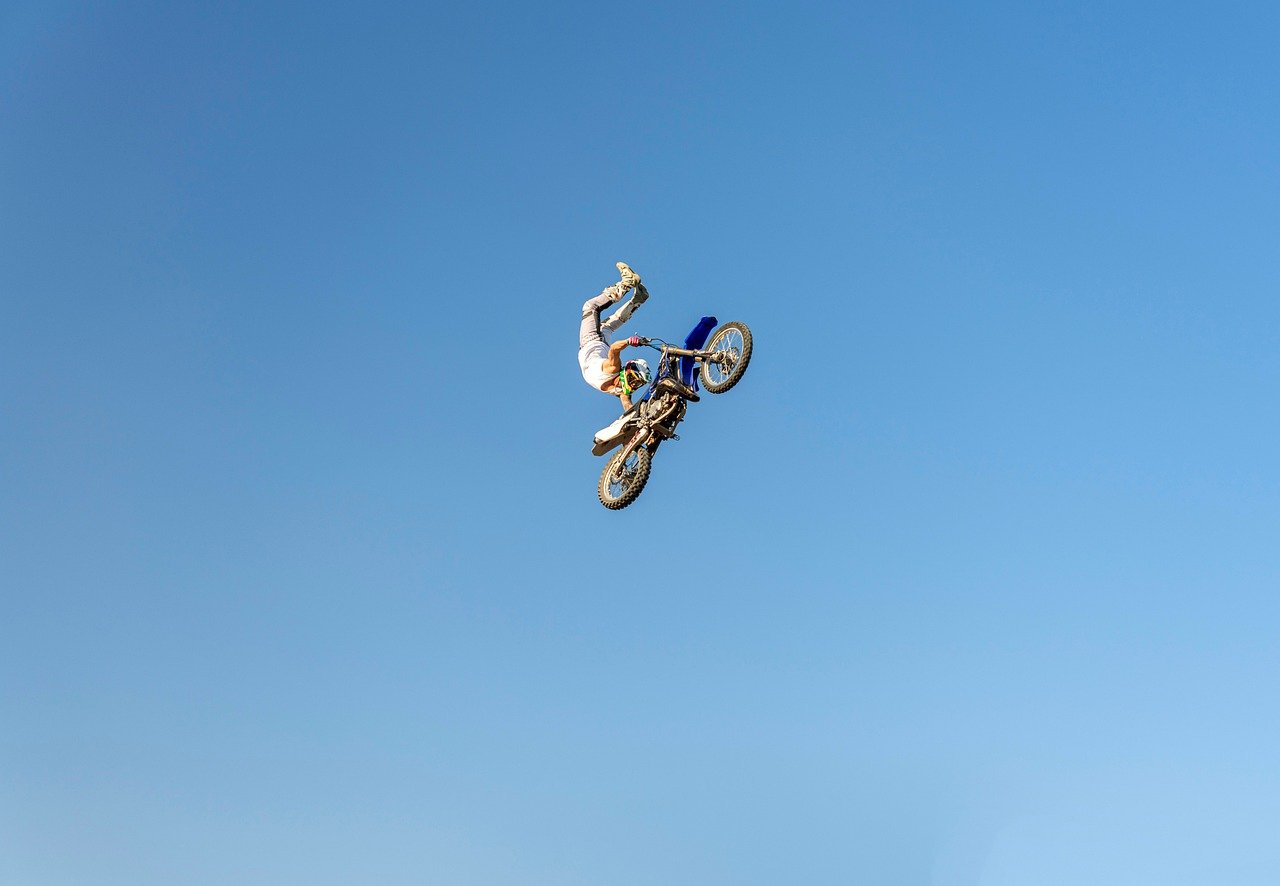In sports, time is undefeated. Every great athlete, no matter how dominant, eventually starts to lose a step. It’s part of the game—part of life, really. But when it happens, we rarely say it outright. Instead, we use a mix of metaphors, euphemisms, and good-natured commentary to soften the blow.
It’s not just about sparing feelings (although that’s part of it). It’s also about respect. Athletes, especially the ones who’ve played at the highest levels, deserve more than a blunt “they’re washed.” So, we get creative. Let’s take a look at the many ways we describe what happens when Father Time tightens his grip.
“Not as Quick Off the Mark as They Used to Be”
This one’s a classic—acknowledging that the explosiveness of younger years might not be there anymore. It’s not a jab, just an observation that their acceleration isn’t quite what it was.
Think of a sprinter in their late 30s or a midfielder who used to cover every blade of grass. The instincts remain, but the legs take a fraction longer to get going.
“Starting to Feel the Miles on Those Legs”
Mileage is a favorite metaphor in sports. Like a well-loved car, every athlete eventually racks up enough wear and tear to affect performance. This phrase is a nod to the countless hours they’ve spent running, jumping, and grinding—it’s the toll of greatness.
“Father Time Is Tightening His Grip”
If there’s one opponent no athlete can beat, it’s Father Time. We use this phrase to hint at the slow but inevitable decline that even legends like Serena Williams, Tom Brady, or LeBron James face. It’s poetic, almost reverent, acknowledging that no one stays at their peak forever.
“That First Step Isn’t What It Once Was”
Speed kills in sports, and for years, the first step—off the dribble, on the snap, out of the box—can make or break a career. This phrase signals a shift: they can still make plays, but it’s no longer with the blazing quickness that defined them.
“Still Crafty, But the Burst Is Fading”
This one pairs respect with realism. Even as athleticism fades, seasoned players often find ways to outsmart opponents. They rely on savvy moves, clever positioning, and veteran tricks, compensating for the physical tools they’ve lost.
“The Gears Don’t Shift Quite as Fast”
Picture a sports car that still purrs but doesn’t hit 0 to 60 like it used to. Athletes, much like machines, start to show the effects of time, even if they can still deliver when it counts.
“They’re Playing a Different Pace of the Game These Days”
This is a subtle way of saying they’ve adapted. Maybe they’ve shifted to a less demanding role or refined their style to rely more on precision than power. It’s not a downgrade—it’s a testament to longevity.
“The Years Have Added Wisdom, but Taken Some Speed”
Age often strips athletes of physical gifts while sharpening their mental game. This phrase acknowledges the trade-off: they may not be as fast, but they’re often smarter, more efficient, and better leaders.
“Running on Veteran Instincts Now”
When the legs start to go, the mind takes over. This phrase highlights the ability of experienced athletes to anticipate plays and use their know-how to stay effective, even as their physical edge dulls.
“The Gas Tank Doesn’t Hold Quite as Much Anymore”
Everyone tires eventually. For aging athletes, the ability to maintain peak performance for an entire game diminishes. They might have shorter bursts of brilliance instead of sustained dominance.
“Not Chasing Down Loose Balls Like Before”
This is a more specific observation, often used in team sports. Whether it’s an NBA star not diving for a rebound or a soccer legend jogging instead of sprinting, it’s a sign they’re pacing themselves—or maybe just out of juice.
“More Head Than Hustle These Days”
This phrase paints a picture of a player who knows the game better than anyone but doesn’t have the same physical hustle to back it up. It’s not a dig; it’s an acknowledgment of how strategy starts to matter more than sheer effort.
“The Quick Twitch Isn’t Twitching as Quick”
Fast reflexes are one of the first things to fade. Whether it’s a boxer dodging punches or a baseball player reacting to a 95-mph fastball, the split-second edge begins to dull.
“Still a Presence, But Not a Force”
This describes players who continue to contribute but no longer dominate. They’re valuable for their leadership, experience, or occasional brilliance—but they’re not single-handedly changing games anymore.
“Playing the Game Upstairs More Than on the Court/Field”
A graceful way to recognize that an athlete’s mental game is now their strongest weapon. They’ve transitioned into a role where their brain outpaces their body, staying relevant through intelligence and experience.
A Balancing Act of Respect and Reality
Talking about aging in sports is tricky. On one hand, you want to respect everything an athlete has accomplished. On the other, there’s no denying the reality of time. The ways we phrase it—whether with humor, poetry, or outright admiration—reflect both the inevitability of decline and the enduring greatness of those who adapt and persevere.
Because if there’s one thing older athletes teach us, it’s this: while Father Time may win, the truly great don’t go quietly. They evolve, inspire, and leave a legacy that goes far beyond their fastest steps.





